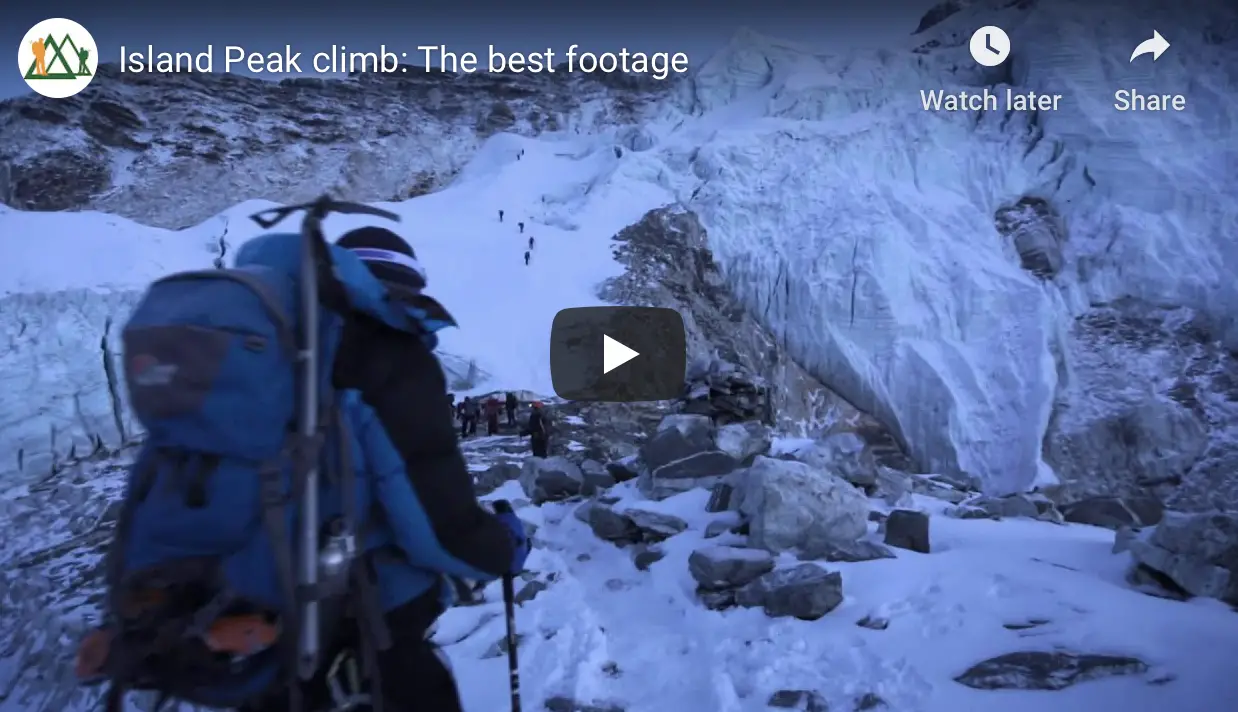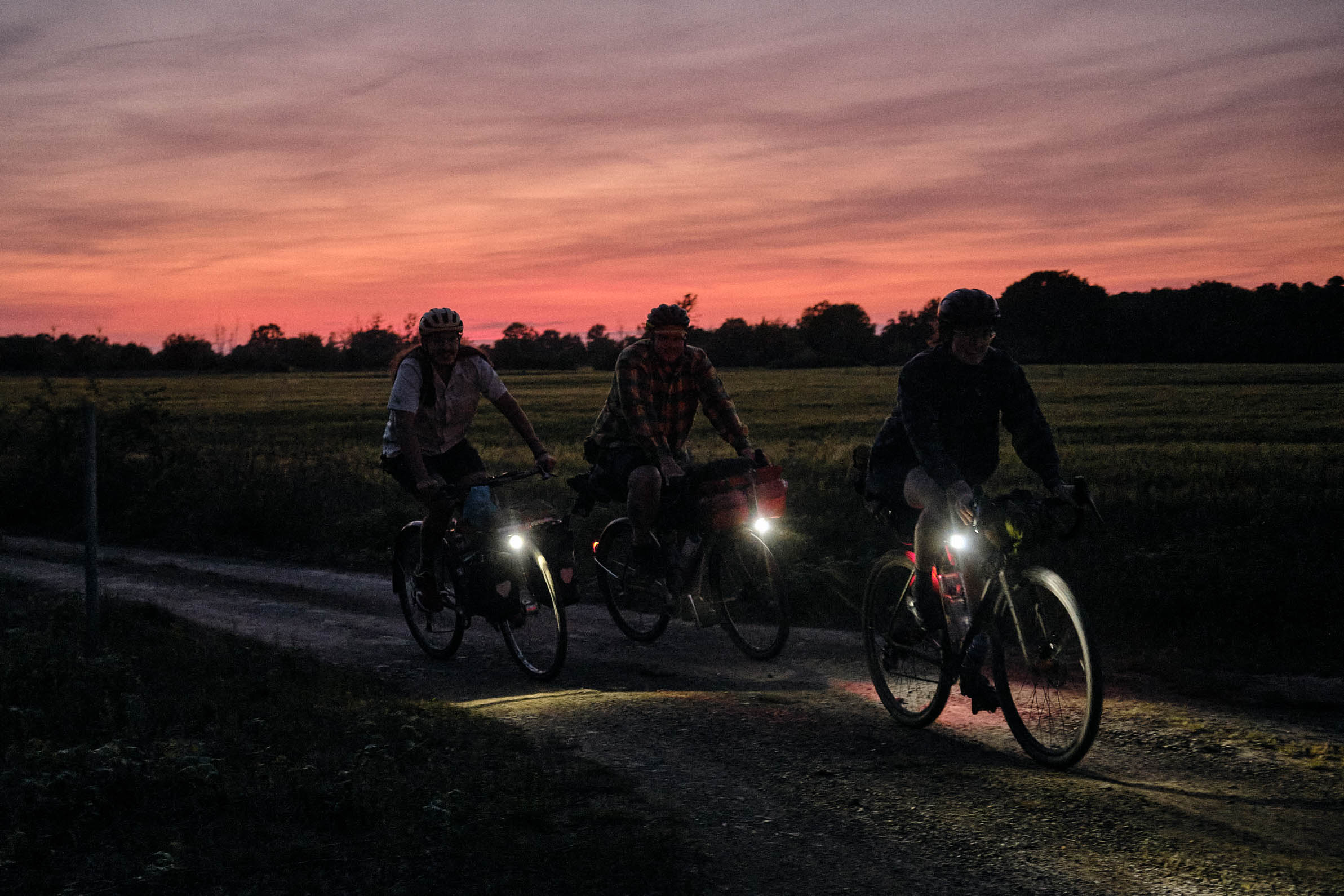For seniors looking to hike safely, start with appropriate gear and physical preparation. Always stay hydrated and pace yourself during the hike to prevent injury.
Hiking can be a great way for seniors to stay active and connect with nature. However, it’s important to take necessary precautions to ensure a safe and enjoyable experience. By following these 13 actionable hiking tips, seniors can make the most of their outdoor adventures while staying safe and comfortable.
From choosing the right footwear to knowing one’s limits, each tip is designed to enhance the hiking experience for older adults. With proper preparation and awareness, seniors can continue to enjoy the benefits of hiking well into their golden years.


Credit: www.amazon.com
Staying Safe On The Trail
Exploring the great outdoors through hiking can be a fulfilling activity for seniors, but safety should always be a top priority. By following these hiking tips, older adults can ensure a safe and enjoyable experience on the trail.
Proper Gear And Preparation
- Wear comfortable, sturdy shoes with good tread to prevent slips and falls.
- Carry a lightweight backpack with essentials like water, snacks, a map, and a first aid kit.
- Bring weather-appropriate clothing and extra layers in case temperatures change.
Managing Physical Limitations
- Start with shorter, easier trails to gauge your fitness level before attempting more challenging hikes.
- Listen to your body and take frequent breaks to rest and hydrate during the hike.
- Consider using hiking poles for added stability and support on uneven terrain.
:max_bytes(150000):strip_icc()/tl-trusted-group-janelle-jones-d8f402053814499695e05d00a20ff441.jpg)
Credit: www.travelandleisure.com
Choosing The Right Trails
Exploring the great outdoors through hiking can be a fulfilling activity for seniors. One crucial aspect of a successful hiking experience is choosing the right trails. Seniors should carefully assess various factors before embarking on a hike to ensure their safety and enjoyment.
Assessing Difficulty Levels
Before selecting a hiking trail, seniors should assess the difficulty level it presents. This ensures that the trail matches their physical capabilities and fitness level.
Considering Terrain And Elevation
Seniors should also consider the terrain and elevation of the hiking trail. Flat, well-maintained paths may be more suitable than steep, rocky terrain.
Training And Physical Conditioning
Get valuable hiking tips for seniors to enhance their outdoor experience. Learn about essential training and physical conditioning techniques to improve strength, flexibility, and endurance, ensuring a safe and enjoyable hiking experience. These actionable tips cater specifically to seniors, providing practical advice for a successful and rewarding hiking adventure.
Training and Physical Conditioning Building Strength and Endurance As seniors prepare for a hiking adventure, building strength and endurance is crucial for a safe and enjoyable experience. Regular resistance training with light weights or resistance bands can help strengthen the muscles and improve overall endurance. Focus on a well-rounded routine that targets different muscle groups such as the legs, core, and upper body. Additionally, incorporating cardiovascular activities, such as walking or swimming, can enhance stamina and cardiovascular health, essential for navigating through various terrains during a hike. Flexibility and Balance Exercises Seniors should prioritize flexibility and balance exercises to enhance stability and prevent injuries on the trail. Yoga and tai chi are excellent practices that promote balance and flexibility while also improving posture and reducing the risk of falls. Simple exercises like calf and hamstring stretches can increase flexibility in the lower body, crucial for navigating uneven terrain during hikes. Balance-focused activities like standing on one leg or utilizing a balance board can also help seniors improve their stability and coordination, essential for trail navigation.Nutrition And Hydration
Discover 13 practical hiking tips for seniors to enhance their outdoor adventures. Focus on proper nutrition and hydration for sustained energy and endurance on the trails. Staying hydrated and consuming nutritious snacks are essential for enjoying an active and fulfilling hiking experience in your golden years.
Fueling Your Body
Good nutrition is essential to fuel your body for a successful hiking adventure. As a senior hiker, you need to focus on consuming foods that provide energy, promote muscle recovery, and support joint health. Here are some tips to help you make the right food choices:
- Opt for nutrient-dense foods like fruits, vegetables, whole grains, lean proteins, and healthy fats. These will provide you with the necessary vitamins, minerals, and antioxidants.
- Aim for a balanced meal consisting of carbohydrates, proteins, and fats. Carbohydrates will give you quick energy, proteins will help with muscle repair, and fats will provide a sustained source of fuel.
- Include foods rich in omega-3 fatty acids such as salmon, walnuts, and chia seeds. These can reduce inflammation in the joints and improve overall joint health.
- Avoid processed and sugary foods that can cause energy crashes and hinder your performance on the trail.
- Stay hydrated by drinking water throughout the day. Carry a reusable water bottle and take small sips regularly to avoid dehydration.
- Consider packing lightweight and nutritious snacks like trail mix, granola bars, or dried fruits to keep your energy levels up during the hike.
Hydration Strategies
Proper hydration is vital for seniors during hikes to prevent fatigue, muscle cramps, and heat-related illnesses. Follow these hydration strategies to stay hydrated while on the trail:
- Start hydrating the day before your hike. Drink plenty of water and avoid excessive intake of caffeinated or alcoholic beverages.
- Take regular water breaks during your hike, even if you don’t feel thirsty. Thirst is not always an accurate indicator of hydration needs.
- When hiking in hot weather, consider wearing a wide-brimmed hat or using a sun umbrella to shield yourself from direct sunlight and reduce water loss through sweat.
- If you’re hiking in a remote area where water sources might be scarce, bring a water filter or purification tablets to ensure a safe drinking supply.
- In addition to water, you can replenish electrolytes lost through sweating by consuming sports drinks or electrolyte tablets, especially on longer hikes.
- Monitor the color of your urine as it can indicate your hydration level. Clear or pale yellow urine is a sign of adequate hydration, while darker urine suggests dehydration.
- Remember that every hiker’s hydration needs are different, so pay attention to your body’s signals and drink accordingly.
Group Hiking Dynamics
Explore 13 practical hiking tips tailored for seniors to enhance group hiking dynamics. Discover ways to optimize the hiking experience for senior participants with actionable strategies to ensure safety and enjoyment on the trail. Prioritize inclusivity and camaraderie within the group to foster a rewarding and memorable hiking adventure.
When it comes to hiking in a group, understanding group dynamics becomes vital for a successful and enjoyable outdoor experience, especially for seniors. Communicating effectively with fellow hikers is essential to stay connected and ensure a smooth journey. Let’s explore some actionable tips to navigate the intricacies of group hiking dynamics.
Communicating With Fellow Hikers
Clear and efficient communication plays a crucial role in group hiking. Here are a few ways to ensure effective communication:
- Establish a Meeting Point: Before setting off, agree on a designated meeting point in case anyone gets separated from the group. This ensures everyone knows where to regroup if needed.
- Use Appropriate Hand Signals: Non-verbal cues, such as hand signals, can be invaluable during hikes, especially in noisy or rugged terrains. Establish common signals like pointing, waving, or motioning to help convey messages clearly.
- Share Important Information: If you have any health concerns, allergies, or specific requirements, communicate them with fellow hikers. This helps the group to be prepared and respond effectively in case of any emergencies.
- Create a Buddy System: Pair up with another hiker, especially if you’re unsure about the trail or if it’s your first time hiking with the group. Having a buddy ensures that someone always has your back and makes the experience more enjoyable.
Understanding Group Dynamics
In a group setting, understanding the dynamics that can emerge is essential for seniors hiking together. Consider the following:
- Respecting Different Paces: Each hiker may have their own pace. It’s crucial to respect and accommodate these differences to avoid straining anyone.
- Supporting Each Other: Seniors often face physical challenges during hikes. Be supportive and encourage fellow hikers throughout the journey, lending a helping hand whenever necessary.
- Collaborative Decision-Making: When it comes to decisions like trail choices or taking breaks, involve the entire group. This fosters a sense of togetherness and ensures everyone’s preferences and needs are considered.
- Listening and Accepting: Actively listen to other hikers’ opinions, preferences, and advice. Mutual respect and acceptance help maintain harmony and build stronger relationships within the group.

Credit: bikepacking.com
Frequently Asked Questions Of 13 Actionable Hiking Tips For Seniors
What Are Some Essential Items For Senior Hikers?
Some essential items for senior hikers include comfortable hiking shoes, trekking poles, a first aid kit, a lightweight backpack, and extra layers of clothing for changing weather conditions.
Are There Any Hiking Trails Specifically Designed For Seniors?
Yes, there are hiking trails specifically designed for seniors that offer gentle inclines, shorter distances, and easier terrains. These trails often provide scenic views and accessibility features to ensure a safe and enjoyable hiking experience for seniors.
How Can Seniors Prepare Physically For Hiking?
Seniors can prepare physically for hiking by regularly engaging in exercises that improve strength, endurance, and flexibility. This can include walking, light weightlifting, yoga, or swimming. Consulting with a healthcare professional before starting any new exercise regimen is advisable.
Conclusion
Incorporating these actionable hiking tips can help seniors stay safe, comfortable, and enjoy the great outdoors. By adopting the use of proper gear, taking frequent breaks, and setting realistic goals, seniors can make the most of their hiking experience. Embracing these tips will ensure that seniors can continue to enjoy the physical and mental benefits of hiking for years to come.